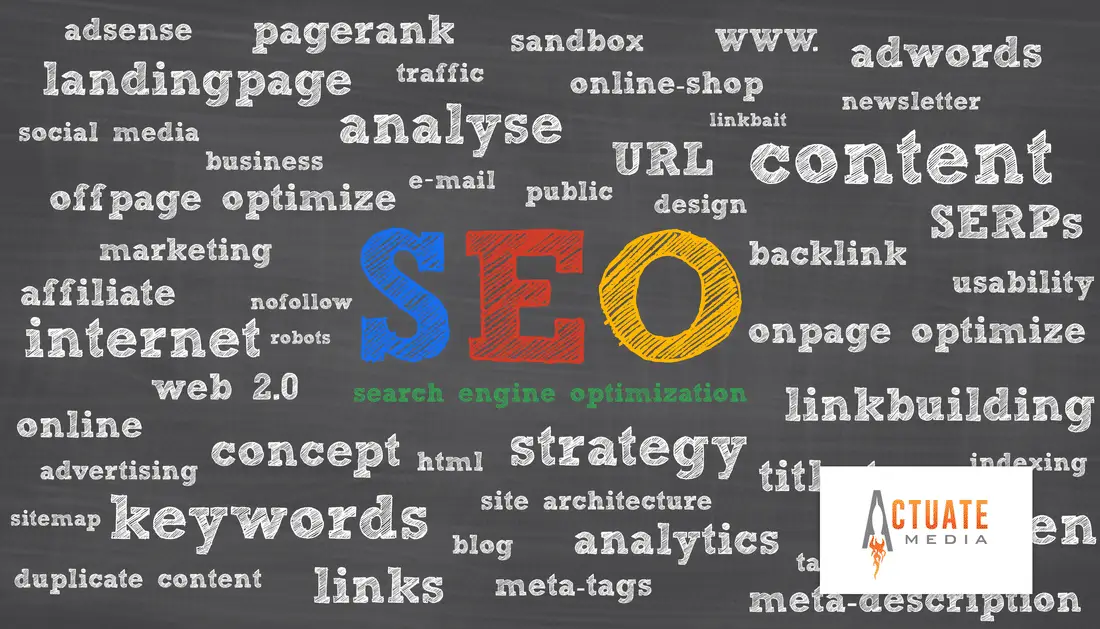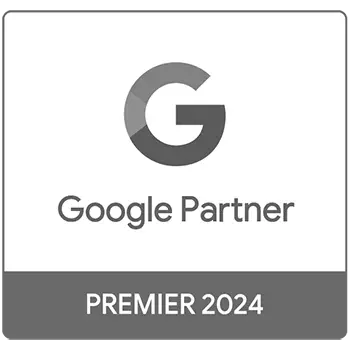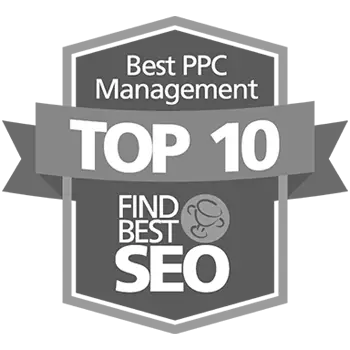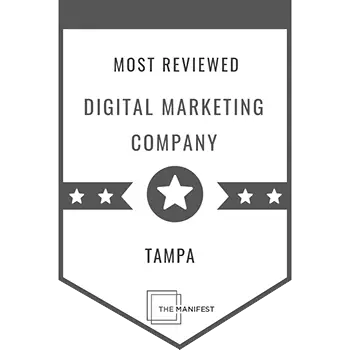Did Google really change its search engine results pages by increasing the lengths of meta titles and descriptions? Yep!
But is that good news…or is this something we should look at a little more closely before we run out and rework all our meta titles and descriptions to accommodate this change? Let’s talk about what this means so you can make an educated decision about how you want your SEO Agency to proceed.
What SEO feature has changed?
At first glance, you might notice that the search results are now 600 pixels wide, which is about 100 pixels wider than before. Then you will notice, in some cases, that the title tag lengths have been increased for desktop versions to 70-71 characters before being truncated. And meta description lengths have been increased to 200-230 characters, and some have even been seen up to 320 characters before being truncated (Moz). For mobile, the title tag lengths have been increased to 78 characters, and the meta description lengths have increased to 170-172 characters before being truncated.
Unfortunately, there doesn’t seem to be anything affirmative from Google about the exact numbers for these meta tag changes. The lengths provided are the averages compiled by examples found online. Will these change? Who knows. It might be just another Google test they could reverse at any time. Only time will tell. However, with that being said, these new lengths have been in place for a while now so it’s looking more and more likely that they are here to stay.
What does this mean for SEO?
Some people observed this change over the last year or so, but the change went relatively unnoticed. However, around the middle of November, the SISTRIX dataset detected an increase in the meta title and description lengths for about half of all websites it searched showing the longer snippets of either one or both pieces of meta information, and that number continues to grow.
So what does this mean for SEO? Well, it means that it might change how marketers write and optimize their pages. It could also ultimately affect click-through rates. This could be good or bad and that’s what remains to be seen. Here are a few possible scenarios.
- You might be sacrificing clicks because your description could be answering the user’s question in the search results versus the shorter description which actually piques curiosity and causes the searcher to click through to the actual page for more information.
- Google could rank your page higher because you’re giving their users the answer to their query in the search results.
- You could end up with fewer clicks on basic search queries. You could also end up with more clicks on more in-depth queries because you had more room in the description to give the searcher enough information to want to click through to learn more. This could quite possibly be a double-edged sword. But again, that remains to be seen.
- Since webmasters will have more room for additional meta title and description verbiage, that means each result will be taking up more real estate on any given search results page. Which means the longer lengths will push all results farther down the page. So it’s possible people won’t scroll down as far causing the results that are farther down the page to have less value than they used to.
What are SEO experts saying?
SEO experts are staying pretty neutral on this change, at least for now. However, they concede that it’s not necessarily a bad thing, especially for those having a hard time staying within the old constraints.
How shall we proceed with SEO?
First, you might consider going to the pages you’re ranking highly for and that is bringing you the most traffic and change those meta titles and descriptions to accommodate the new lengths. Then you can begin measuring your CTR’s to see if you notice any changes, positive or negative, as a result of the increased search snippets. Then, you might consider adding in an extra keyword or two, just make sure the verbiage flows naturally, and as always, don’t overstuff them with keywords just for the sake of including as many keywords as possible.
This change also offers you the opportunity to add some branding such as your business name, etc. to help boost your brand awareness. Also, if you have a WordPress Website, update your Yoast Plugin to 6.0.
Now all you have to do is closely monitor the changes you made and your findings will determine how you should proceed.
Need more SEO information?
If you would like more information about internet marketing, please Contact us we are SEO Experts. Our SEO company would love to show you how the proper SEO functions can take your business to the next level and beyond!












